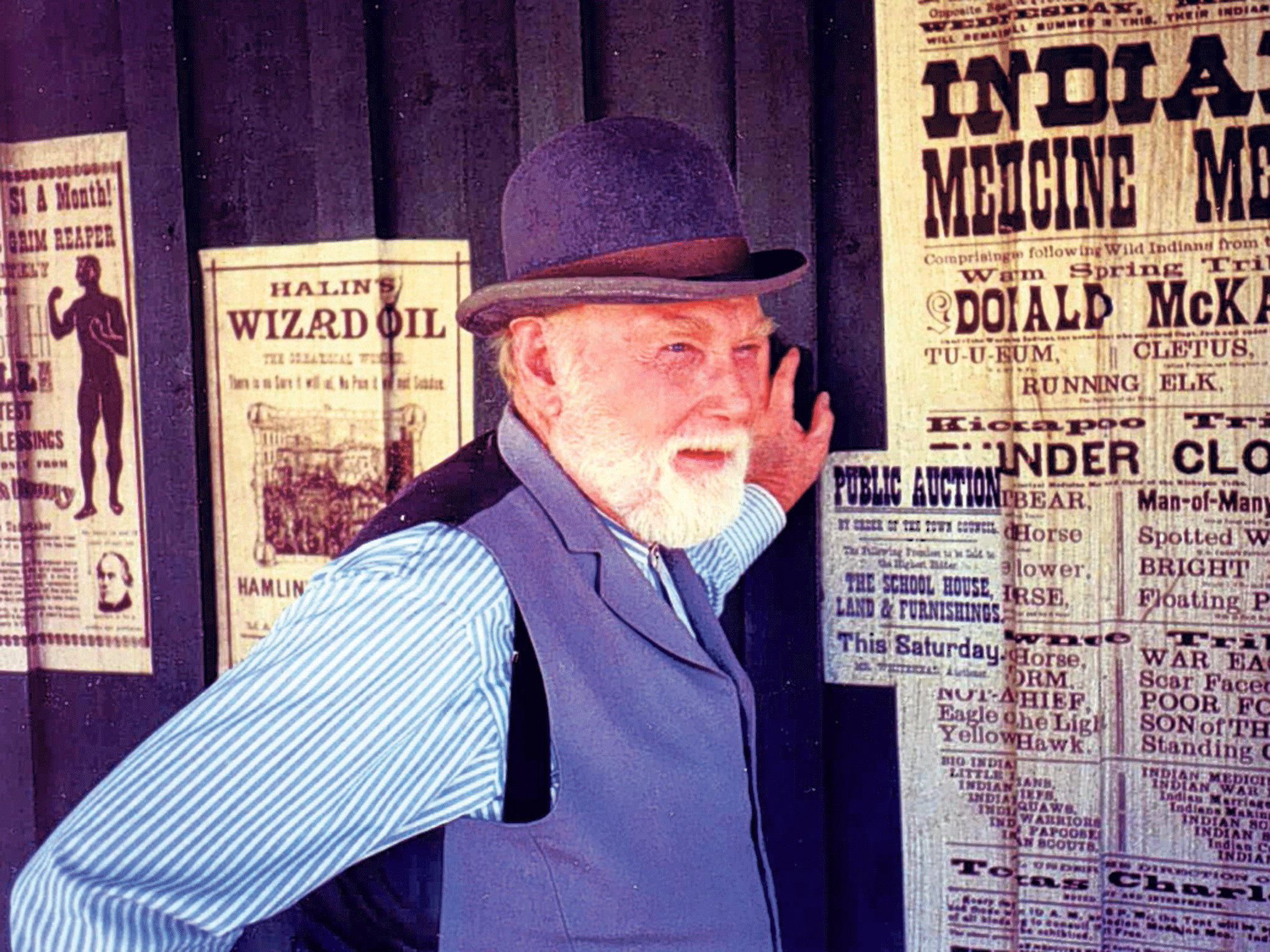Harry Carey Jr: Actor who worked on John Ford's best-known films

Although he appeared in nearly one hundred films, the character actor Harry Carey Jr will always be associated with the screen western, and in particular the work of the great director, John Ford. He was the son of a major silent screen star, Harry Carey (1878-1947), who had been a real cowboy before taking up a career in films in 1910, later becoming a Ford regular. He is reputed to have introduced Ford to Wyatt Earp (1848-1929), whose reminiscences inspired Ford's masterpiece, My Darling Clementine (1946).
He was married to the silent screen actress Olive Carey, who later appeared in two of the films her son made with Ford. Carey Jr was to become a protégé of Ford, playing roles in such classics as She Wore a Yellow Ribbon (1949), Wagon Master (1950) and The Searchers (1956). The only film in which father and son appeared together was Howard Hawks' highly regarded Red River (1948), the last film in which Carey Sr appeared, though their characters didn't meet. Olive Carey played small roles in both The Searchers and Two Rode Together (1961).
Born on the family ranch in California in 1921, he was nicknamed "Dobe", short for "adobe", because of his red hair, which matched the bricks of the ranch house. He made his first screen appearance the same year as an infant in one of his father's silent movies. After six years with the US Navy, during which he helped John Ford make films boosting wartime morale, a chance meeting with director William Berke led to his talkie debut with a fleeting role in a "B" movie with a rodeo setting, Rolling Home (1946).
The following year he had small but telling roles as a boyish juvenile manipulated by the villain Dean Jagger in Raoul Walsh's dark, psychological western, Pursued, and Hawks' Red River, in which he was an inexperienced youngster in whom John Wayne's taciturn wagon-master takes a fatherly interest, compensating his young widow when the lad is killed in a stampede.
Carey's first Ford film, Three Godfathers (1949), gave him one of his finest roles, as one of three likeable outlaws who find themselves in charge of a newborn baby; his father had starred in Ford's 1919 version of the same story. Once again Wayne's character had a paternal interest in Carey (as "The Abilene Kid") who eventually perishes from a gunshot wound.
Ford was notable for his loyalty to performers with whom he felt comfortable, and Carey quickly became a member of what was generally referred to as "the John Ford stock company"; he affectionately called Ford "Uncle Jack". (Older filmgoers used to profess that Carey Sr was the model for Wayne's screen persona.) In the director's She Wore a Yellow Ribbon, Carey and John Agar were two young lieutenants vying for the hand of Joanne Dru, and in Ford's poetic Wagon Master he and Ben Johnson were horse traders who help Ward Bond escort a bunch of Mormons across the plains to Utah.
Carey was a trooper again serving under John Wayne in Rio Grande (1950), and in Ford's celebrated The Searchers he was a young lad so deranged by his sweetheart's death in a massacre that he fatally charges into a Comanche camp. Other Ford films included The Long Gray Line (as the young Dwight Eisenhower), Mister Roberts (both 1955), Two Rode Together (1961) and Cheyenne Autumn (1964), while notable other films included three films with Marilyn Monroe in which he was given bit parts, Hawks' Monkey Business (1952) and Gentlemen Prefer Blondes (1953) and Henry Hathaway's Niagara (1953).
He remained, though, a reliable presence without making a breakthrough to really important roles. As the western expert Allen Eyles succinctly stated, "he somehow bypassed middle-age to become a grizzled veteran in increasingly minor roles." Later westerns included Shenandoah (1965), Big Jake (1971) with Wayne, and Trinity Is Still My Name (1971), and on television he was a familiar face playing guest roles in such series as Gunsmoke, Wagon Train, Bonanza and Have Gun, Will Travel.
In 1985 he played an ageing biker in Mask, and in 1987 he was a handyman in The Whales of August (1987), starring Lillian Gish, who had acted with his father in the silent era. He was a priest in Exorcist III (1990) and he featured in the "western" sequences in Back to the Future III (1990) and the 1993 western Tombstone. In 1994 he wrote an autobiography, Company of Heroes: My Life As An Actor in the John Ford Stock Company. In 1944 he married Marilyn Fix, the daughter of actor Paul Fix, and she survives him, along with their three children.
Henry George Carey, actor: born Saugus, California 16 May 1921; married 1944 Marilyn Fix (two daughters, one son); died Santa Barbara, California 27 December 2012.
Join our commenting forum
Join thought-provoking conversations, follow other Independent readers and see their replies
Comments